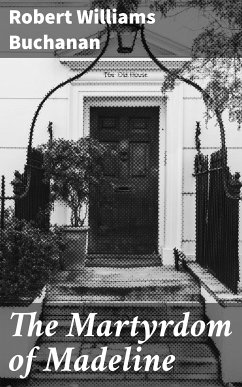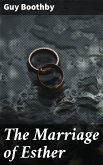In "The Martyrdom of Madeline," Robert Williams Buchanan crafts a poignant narrative that explores themes of societal alienation, moral conflict, and the downtrodden's struggle for redemption. Set against the gritty backdrop of Victorian England, the novel presents a vivid portrayal of Madeline, a woman ensnared by the harsh realities of her environment. Buchanan'Äôs literary style combines emotive language with rich symbolism, creating a deep emotional resonance that aligns this work with the broader literary movement of the time, reflecting the growing concerns of social reform and individual suffering. Robert Williams Buchanan, a Victorian poet, playwright, and novelist, emerged from a background steeped in literary influences and social consciousness. His personal experiences with the hardships of urban life and his engagement with contemporary social issues informed his portrayal of characters grappling with morality and existential dilemmas. Buchanan's awareness of the struggles faced by women in society may have particularly driven him to explore Madeline's plight, making her story a powerful commentary on gender and class disparities. This compelling narrative is highly recommended for readers who seek a profound exploration of the complexities of human experience. Buchanan's ability to weave social critique into a gripping tale makes "The Martyrdom of Madeline" an essential read for those interested in Victorian literature and the evolution of feminist themes within it.
Dieser Download kann aus rechtlichen Gründen nur mit Rechnungsadresse in A, B, BG, CY, CZ, D, DK, EW, E, FIN, F, GR, H, IRL, I, LT, L, LR, M, NL, PL, P, R, S, SLO, SK ausgeliefert werden.









